
Bwindi Impenetrable National Park: A Pristine Jungle Adventure
Bwindi Impenetrable National Park, located in southwestern Uganda, is a majestic and lush rainforest, renowned for its biodiversity and awe-inspiring landscapes. This UNESCO World Heritage Site covers over 331 square kilometers and is home to nearly half of the world’s population of mountain gorillas. The park's dense foliage and rugged terrain offer an exhilarating experience for adventure seekers and nature lovers alike. Trekking through this verdant jungle, visitors can encounter a variety of wildlife, including chimpanzees, colobus monkeys, and over 350 species of birds. The park's altitudinal range, from 1,160 to 2,607 meters, creates diverse habitats that support a rich array of flora and fauna. Besides gorilla trekking, Bwindi offers nature walks, bird watching, and cultural visits to local communities, providing a holistic experience of Uganda's natural and cultural heritage. The park is divided into four main sectors: Buhoma, Ruhija, Rushaga, and Nkuringo, each with its unique charm and gorilla families to visit. Accommodation options range from luxury lodges to budget-friendly campsites, ensuring that every traveler can find a place to rest after a day of exploration. Whether you're listening to the symphony of the forest or marveling at the breathtaking scenery, Bwindi Impenetrable National Park promises an unforgettable adventure.
Local tips in Bwindi Impenetrable National Park
- Book your gorilla trekking permits well in advance, as they are limited and highly sought after.
- Wear sturdy hiking boots and long-sleeved clothing to protect against thorns and insects.
- Hire a local guide for an enriched experience and better chances of spotting wildlife.
- Bring a good pair of binoculars for bird watching and distant wildlife viewing.
- Carry enough water and snacks, as the treks can be long and physically demanding.
- Respect local customs and traditions, especially when visiting nearby communities.
- The best time to visit is during the dry seasons, from June to August and December to February.
Bwindi Impenetrable National Park: A Pristine Jungle Adventure
Bwindi Impenetrable National Park, located in southwestern Uganda, is a majestic and lush rainforest, renowned for its biodiversity and awe-inspiring landscapes. This UNESCO World Heritage Site covers over 331 square kilometers and is home to nearly half of the world’s population of mountain gorillas. The park's dense foliage and rugged terrain offer an exhilarating experience for adventure seekers and nature lovers alike. Trekking through this verdant jungle, visitors can encounter a variety of wildlife, including chimpanzees, colobus monkeys, and over 350 species of birds. The park's altitudinal range, from 1,160 to 2,607 meters, creates diverse habitats that support a rich array of flora and fauna. Besides gorilla trekking, Bwindi offers nature walks, bird watching, and cultural visits to local communities, providing a holistic experience of Uganda's natural and cultural heritage. The park is divided into four main sectors: Buhoma, Ruhija, Rushaga, and Nkuringo, each with its unique charm and gorilla families to visit. Accommodation options range from luxury lodges to budget-friendly campsites, ensuring that every traveler can find a place to rest after a day of exploration. Whether you're listening to the symphony of the forest or marveling at the breathtaking scenery, Bwindi Impenetrable National Park promises an unforgettable adventure.
When is the best time to go to Bwindi Impenetrable National Park?
Iconic landmarks you can’t miss
Bwindi Impenetrable Forest National Park
Explore the breathtaking Bwindi Impenetrable Forest National Park, home to rare mountain gorillas and breathtaking biodiversity in Uganda's lush wilderness.
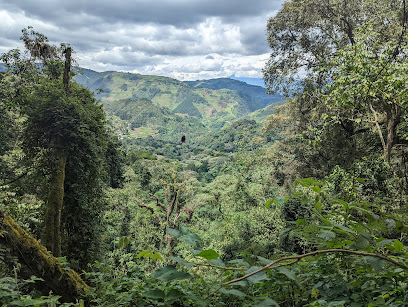
Buhoma Lodge - Bwindi Impenetrable Forest
Experience the beauty of Bwindi Impenetrable Forest at Buhoma Lodge, your eco-friendly retreat for gorilla trekking and nature exploration.

Nkuringo Bwindi Gorilla Lodge
Discover the beauty of Uganda at Nkuringo Bwindi Gorilla Lodge, your gateway to gorilla trekking and breathtaking views of Bwindi Impenetrable Forest.
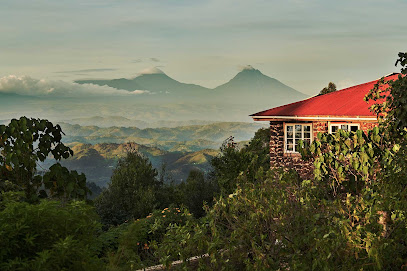
Bwindi Impenetrable Forest
Explore Bwindi Impenetrable Forest, a UNESCO World Heritage Site in Uganda, home to majestic mountain gorillas and rich biodiversity.
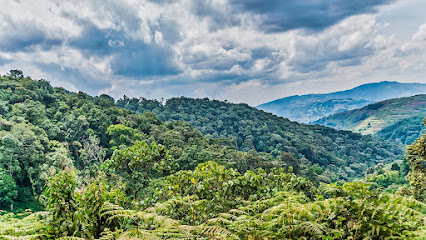
Sanctuary Gorilla Forest Camp Uganda
Experience the ultimate luxury in the heart of Bwindi National Park at Sanctuary Gorilla Forest Camp, where adventure meets opulence.
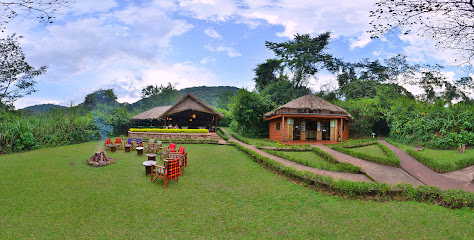
Clouds Mountain Gorilla Lodge
Discover the enchanting beauty of Bwindi at Clouds Mountain Gorilla Lodge, where luxury meets adventure in the heart of gorilla country.

Broadbill Forest Camp
Experience the serene beauty of the Bwindi Impenetrable Forest at Broadbill Forest Camp, where nature and comfort meet for a unique adventure.

Bwindi Impenetrable National Park - Buhoma visitor center
Experience the breathtaking beauty and rich biodiversity of Bwindi Impenetrable National Park, a haven for wildlife enthusiasts and adventurers alike.
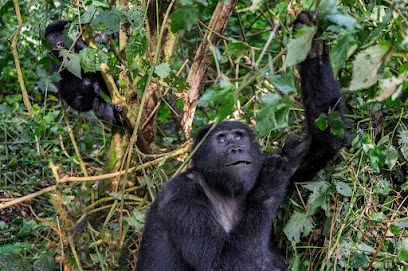
CTPH Gorilla Conservation Camp
Discover the beauty of Bwindi Impenetrable National Park at CTPH Gorilla Conservation Camp, where adventure meets conservation in a breathtaking setting.
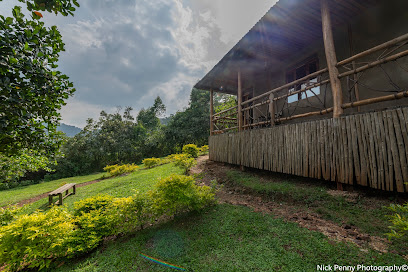
Gorilla Heights Lodge
Experience luxury and nature at Gorilla Heights Lodge, your gateway to the breathtaking Bwindi Impenetrable Forest and its majestic gorilla population.
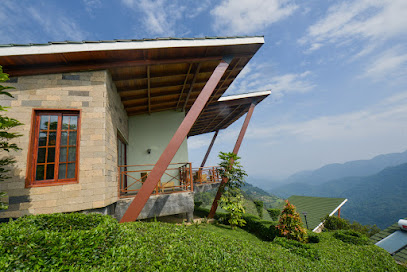
BWINDI IMPENETRABLE NATIONAL PARK (UGANDA)
Discover the stunning biodiversity and majestic mountain gorillas of Bwindi Impenetrable National Park, a UNESCO World Heritage site in Uganda.
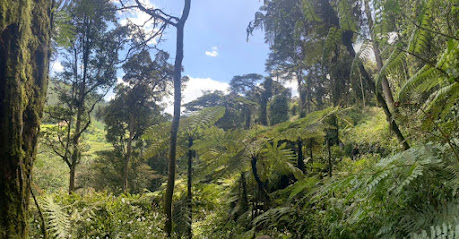
Buhoma Sector Uganda
Discover the untouched beauty of Buhoma Sector in Bwindi Impenetrable Forest, a prime destination for gorilla trekking and nature exploration.
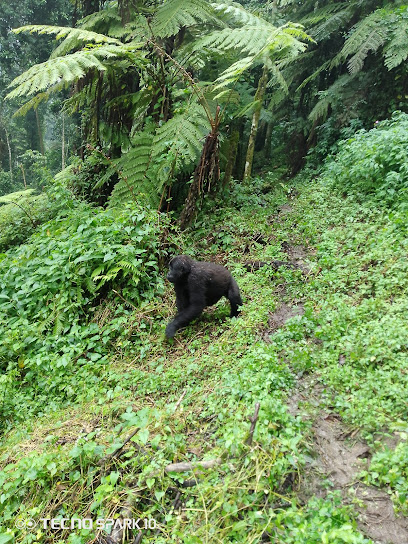
Rushaga Sector Uganda
Discover the breathtaking beauty of Rushaga Sector in Uganda, a prime location for gorilla trekking and immersive nature experiences in Bwindi Impenetrable National Park.
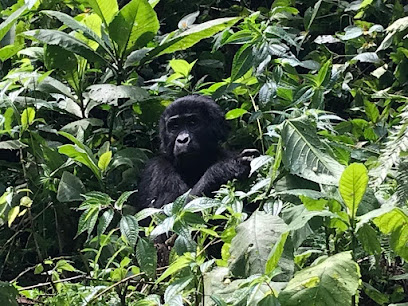
Rafiki Memorial wildlife conservation initiative
Explore the Rafiki Memorial Wildlife Conservation Initiative in Buhoma, Uganda, where art meets conservation in a stunning natural setting.
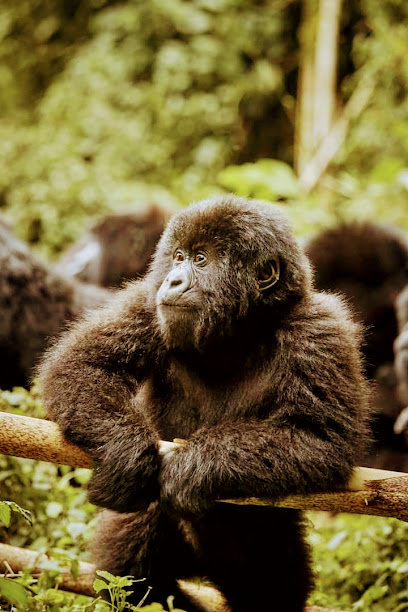
Impenetrable Forest
Explore the breathtaking Impenetrable Forest, a haven for adventure seekers and wildlife enthusiasts in Uganda's lush wilderness.
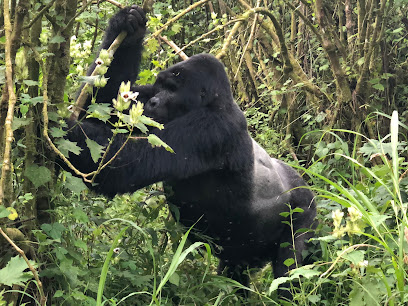
Unmissable attractions to see
Kibale National Park
Explore Kibale National Park, Uganda's primate paradise, where adventure meets biodiversity in a breathtaking natural setting.
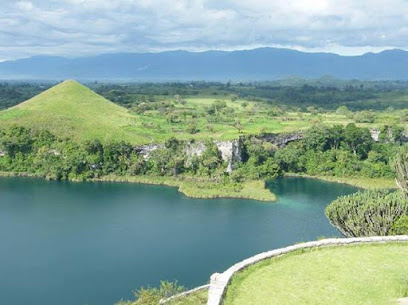
Bunyonyi Safaris Resort
Experience the serene beauty of Lake Bunyonyi at Bunyonyi Safaris Resort, where adventure meets relaxation in Uganda's breathtaking landscapes.
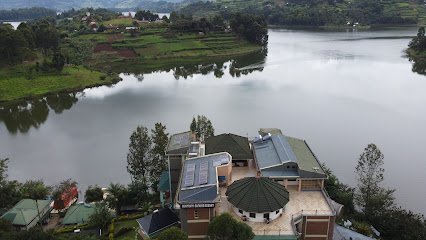
Pian Upe Game Reserve
Discover the unspoiled beauty and diverse wildlife of Pian Upe Game Reserve, a hidden treasure in Uganda's national parks.
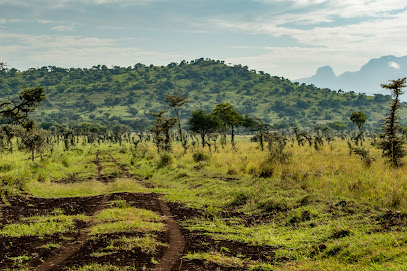
ishasha sector
Discover the breathtaking wildlife and stunning landscapes of the Ishasha Sector in Queen Elizabeth National Park, Uganda, home to tree-climbing lions and rich biodiversity.
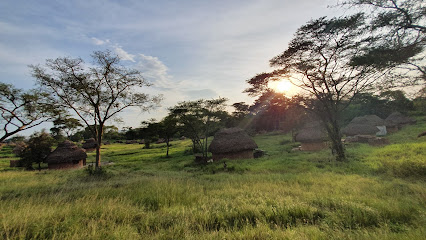
Mutanda Eco Community Centre
Discover the serene beauty and rich culture at Mutanda Eco Community Centre, a sustainable lodge by Lake Mutanda, perfect for eco-tourism and relaxation.
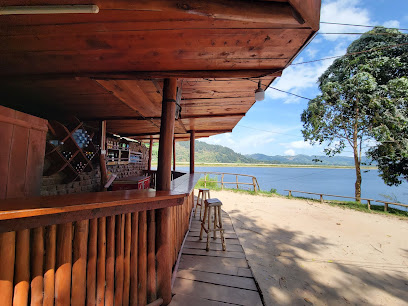
Lake Bunyonyi
Discover the breathtaking beauty of Lake Bunyonyi, a serene destination in Uganda known for its stunning landscapes and rich cultural experiences.
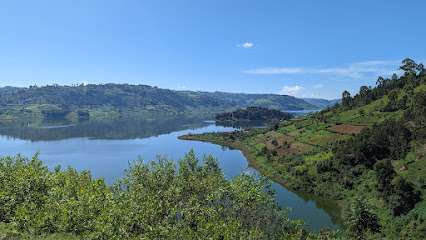
Gorilla Heights Lodge
Experience the breathtaking beauty of Bwindi Impenetrable Forest at Gorilla Heights Lodge, where adventure and luxury intertwine amidst stunning landscapes.
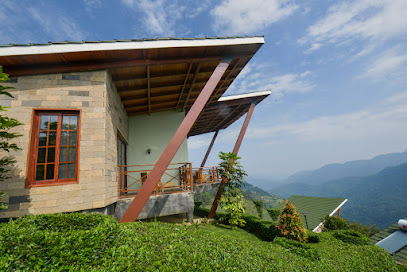
SANA Gorilla Rafting
Explore the breathtaking landscapes of Rukungiri, Uganda, with an exhilarating rafting experience at SANA Gorilla Rafting.
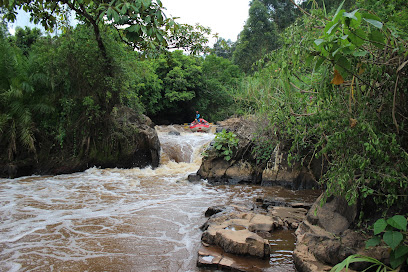
Rushaga headquarters
Explore Rushaga Headquarters, your gateway to gorilla trekking and Uganda's breathtaking natural and cultural treasures.
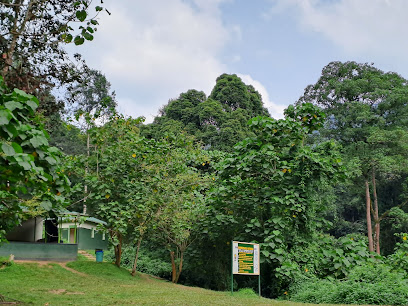
Pangolin Rescue Camp
Experience the unique wildlife conservation efforts at Pangolin Rescue Camp in Rugando, Uganda, and immerse yourself in nature's beauty.
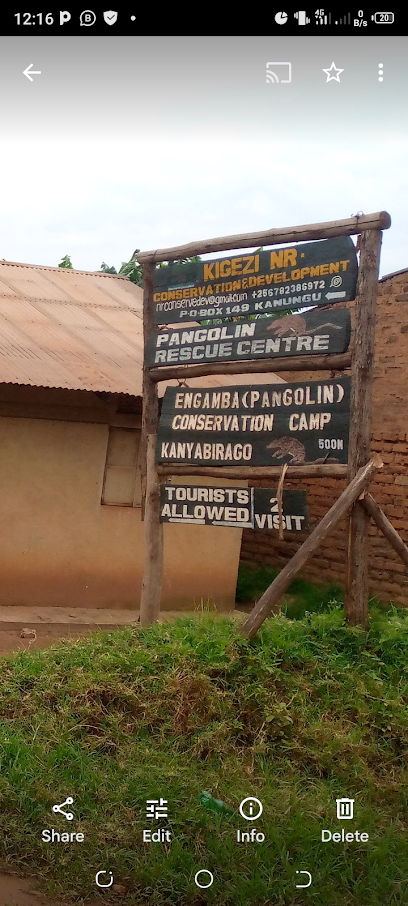
Ruhija Uganda
Discover Ruhija, Uganda: A stunning gateway to Bwindi Impenetrable National Park, where adventure and nature await every traveler.
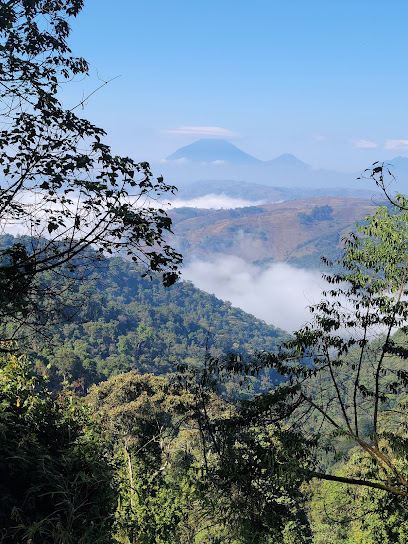
Kanaba Corner
Explore Kanaba Corner, a scenic gem along the Kabale-Kisoro Road, where nature's beauty meets rich cultural experiences in Uganda.
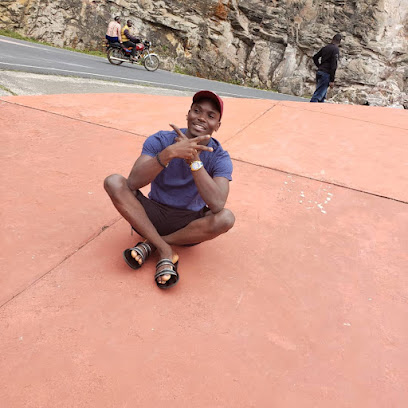
ACTREC Africa Community Tourism and Research Centre
Experience the essence of African culture at ACTREC Africa Community Tourism and Research Centre, where community and sustainability unite for an unforgettable journey.
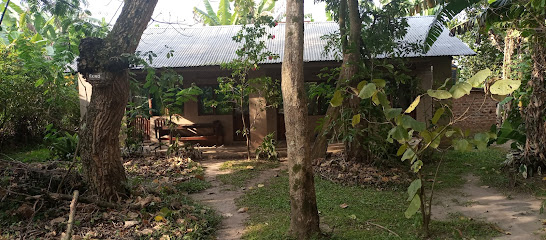
SAFARI For All
Experience the beauty of Kabale with SAFARI For All, offering canoe tours, sightseeing adventures, and expert travel advice in Uganda's stunning landscapes.
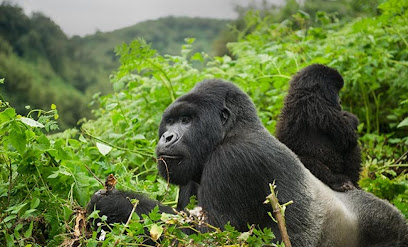
Rushaga Sector Uganda
Experience the breathtaking beauty of Rushaga Sector in Uganda, home to mountain gorillas and rich biodiversity in Bwindi Impenetrable National Park.
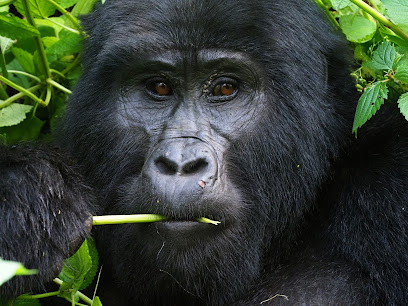
Essential places to dine
Buhoma Lodge - Bwindi Impenetrable Forest
Discover luxury amidst nature at Buhoma Lodge in Bwindi Impenetrable Forest – your gateway to Uganda's wildlife adventures.

The Crested Crane Bwindi Hotel
Discover serenity and adventure at The Crested Crane Bwindi Hotel - your gateway to Uganda's breathtaking wildlife and culture.
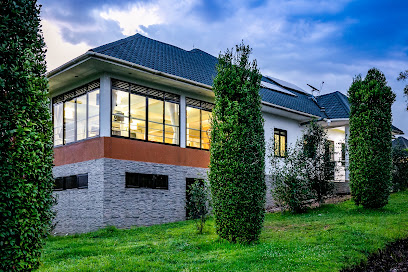
Nkuringo Bwindi Gorilla Lodge
Experience the beauty of nature at Nkuringo Bwindi Gorilla Lodge near Uganda's breathtaking Bwindi Impenetrable Forest.
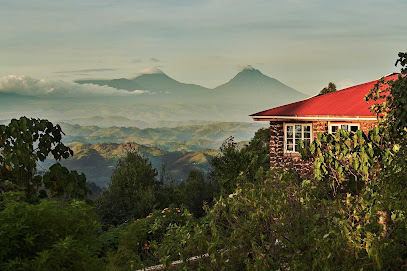
Ride 4 A Woman
Discover authentic Ugandan culture at Ride 4 A Woman—supporting women's empowerment through sustainable tourism near Bwindi Impenetrable National Park.
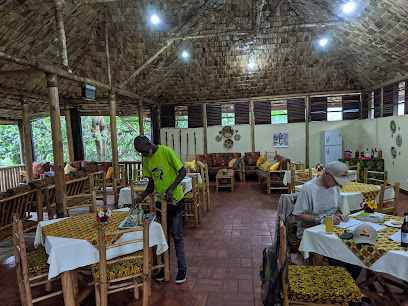
Volcanoes Bwindi Lodge
Discover tranquility and adventure at Volcanoes Bwindi Lodge—your gateway to Uganda's breathtaking landscapes and wildlife encounters.
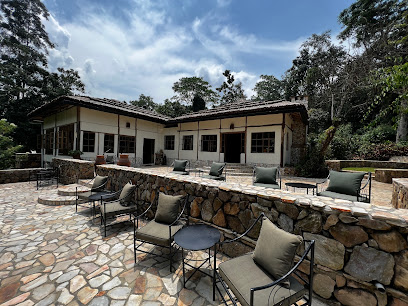
Rushaga Gorilla Camp
Discover the beauty of Bwindi Impenetrable Forest at Rushaga Gorilla Camp, where adventure meets comfort in Uganda's prime wildlife habitat.

ICHUMBI GORILLA LODGE
Experience tranquility and adventure at Ichumbi Gorilla Lodge in Bwindi Impenetrable National Park, Uganda's gem for wildlife enthusiasts.

Clouds Mountain Gorilla Lodge
Discover tranquility and adventure at Clouds Mountain Gorilla Lodge in Uganda's Bwindi Impenetrable National Park, home to majestic mountain gorillas.

SuPa's Bistro & Guesthouse
Discover the flavors of Uganda at SuPa's Bistro & Guesthouse - where local ingredients meet warm hospitality.
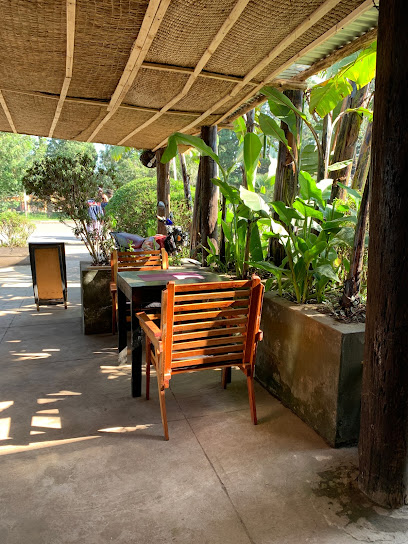
Craft Shop Coffee Pot
Discover the best pizza in Uganda at Craft Shop Coffee Pot—where culinary delights meet unique local crafts along Kabale-Kisoro Road.
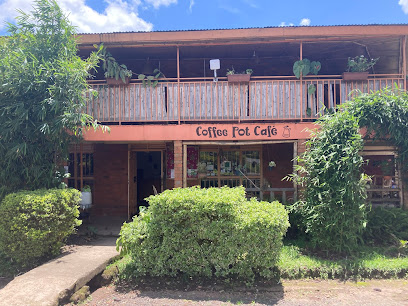
Broadbill Forest Camp
Discover tranquility and adventure at Broadbill Forest Camp amidst Uganda's breathtaking Bwindi Impenetrable Forest.

Engagi Lodge
Discover tranquility at Engagi Lodge in Buhoma – your gateway to unforgettable adventures in Bwindi Impenetrable National Park.
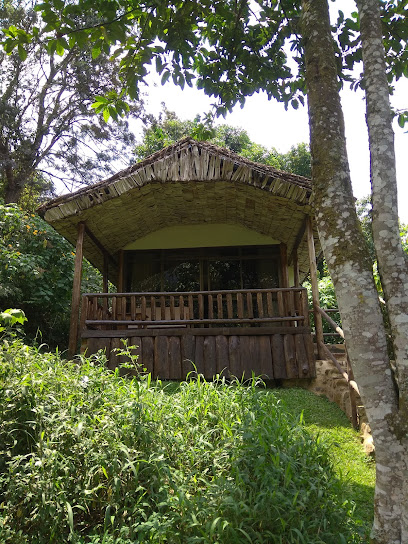
Bwindi Guest House
Experience comfort and adventure at Bwindi Guest House, your perfect base for exploring Uganda's stunning Bwindi Impenetrable National Park.

Four Gorillas Lodge, Rubuguri - Rushaga
Experience serene lodging and incredible wildlife adventures at Four Gorillas Lodge in Rubuguri, Uganda.
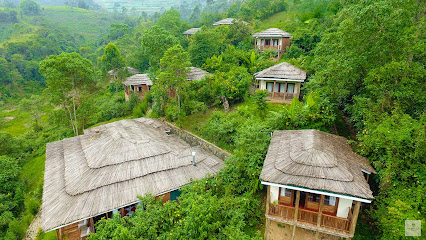
Gorilla Highlands Cafe
Discover the flavors of Uganda at Gorilla Highlands Cafe—your destination for exquisite coffee, delicious meals, and unique souvenirs.
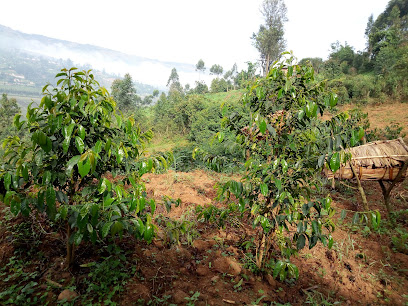
Markets, malls and hidden boutiques
Bwindi Impenetrable Forest
Explore Bwindi Impenetrable Forest, a UNESCO World Heritage Site rich in biodiversity, home to mountain gorillas, and a haven for adventure seekers.
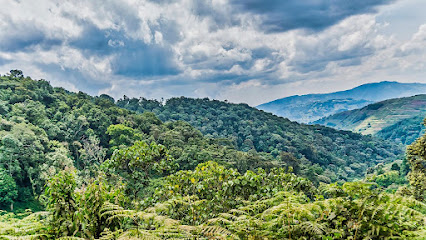
Kihiihi Modern Supermarket
Discover the flavors of Uganda at Kihiihi Modern Supermarket, a vibrant shopping spot for local goods and fresh produce.
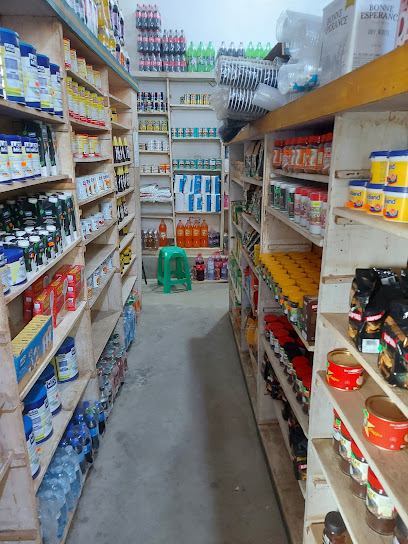
Bwindi Bar
Experience the flavors of Uganda at Bwindi Bar, where exceptional coffee meets stunning views in the heart of nature.
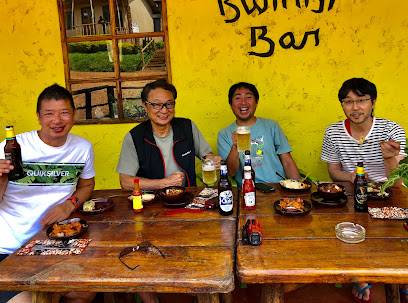
Ruhija Uganda
Discover the breathtaking wilderness of Ruhija, Uganda, home to endangered mountain gorillas and stunning natural landscapes.
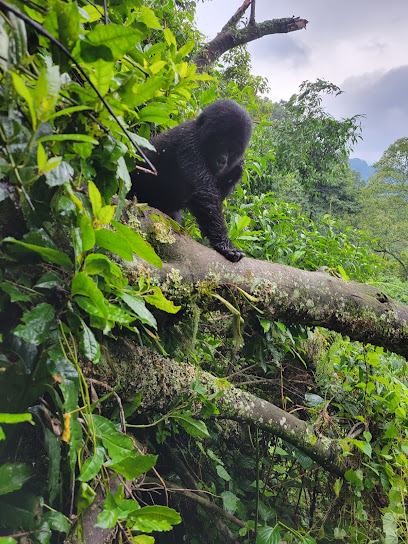
Buhoma Sector Uganda
Discover the breathtaking beauty and wildlife of Buhoma Sector in Bwindi Impenetrable Forest National Park, a premier destination for nature enthusiasts and adventure seekers.
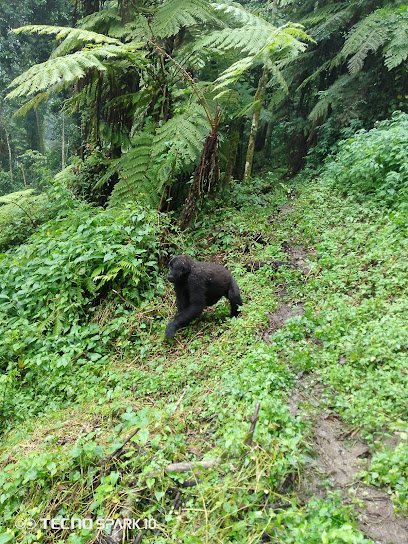
Kihihi modern Supermarket- Buhoma branch
Explore the vibrant offerings of Kihihi Modern Supermarket, Buhoma's go-to destination for essentials and local delicacies in Uganda's scenic landscape.
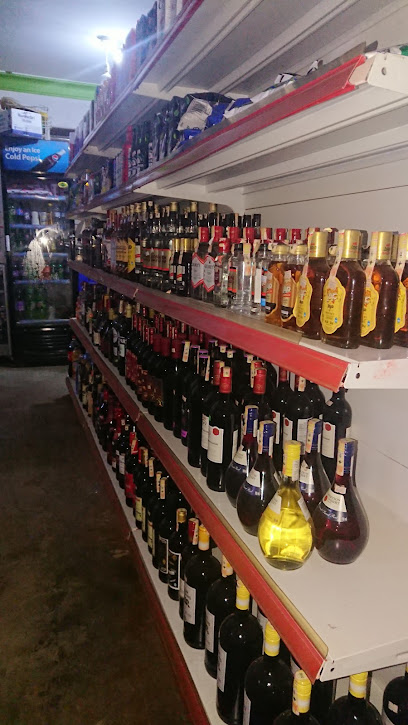
Mupaka Busanza Market
Explore the vibrant Mupaka Busanza Market in Kisoro, Uganda, where local culture, delicious food, and unique shopping experiences await every traveler.

The Gorilla Resort
Discover the allure of Uganda at The Gorilla Resort, where luxury meets adventure in the heart of Bwindi Impenetrable National Park.
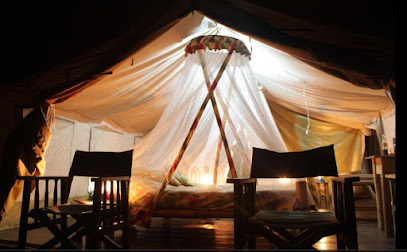
Bukebeka Trading centre
Explore Bukebeka Trading Centre in Rwanzu for unique home goods, local crafts, and an authentic cultural experience.
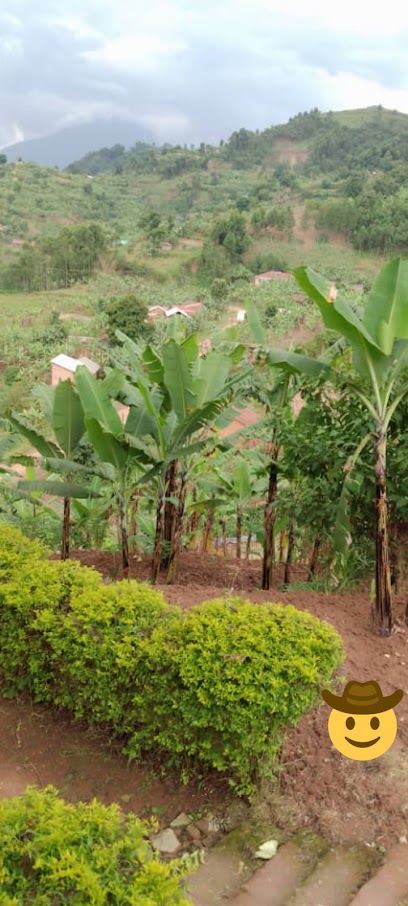
Ku gataraga
Explore Ku Gataraga in Kisoro - a vibrant store offering unique local products and a warm shopping experience.
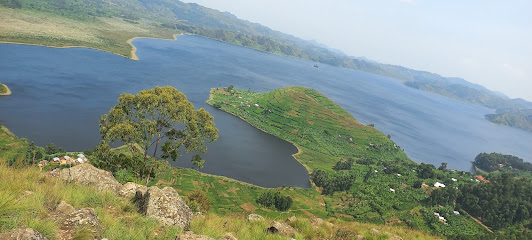
Mugisha enterprises limited
Discover unique home goods and local crafts at Mugisha Enterprises Limited in Kanungu, a treasure trove of Ugandan culture and craftsmanship.

KageziBulago-Iryakabagale
Explore KageziBulago-Iryakabagale for unique home goods that showcase Uganda's rich culture and craftsmanship.
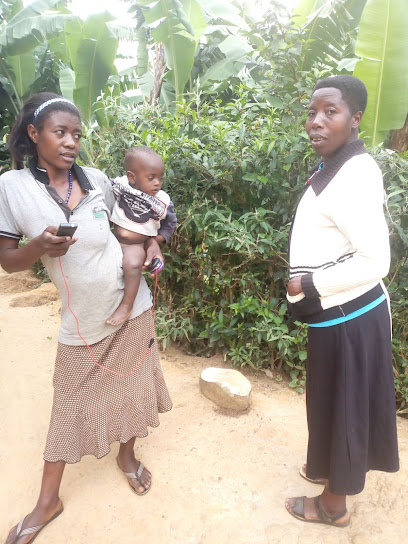
The Virunga Massive Gift Shop
Discover unique local crafts and souvenirs at The Virunga Massive Gift Shop in Kisoro, Uganda, a perfect stop for culture and nature enthusiasts.
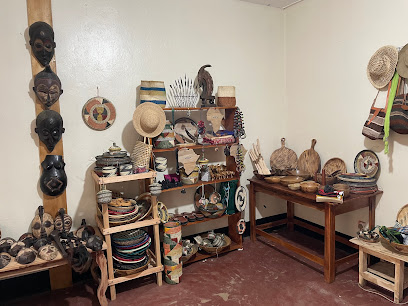
Gaudy's boutique
Explore Gaudy's Boutique in Rukungiri for an eclectic mix of local fashion that beautifully blends tradition with modern style.
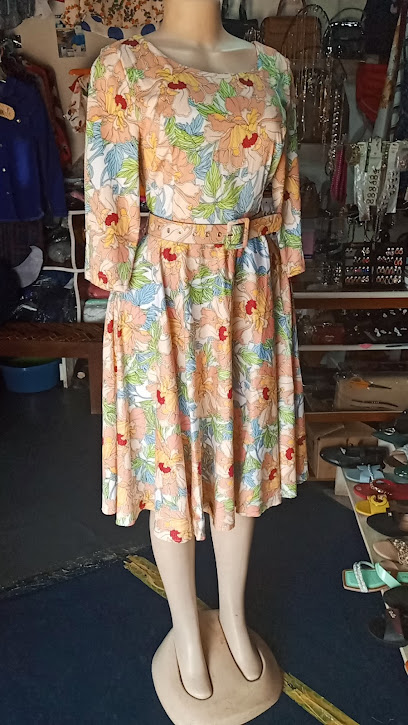
kataburaza
Explore Kataburaza, Uganda's vibrant shopping mall where local culture meets modern retail therapy in a lively atmosphere.
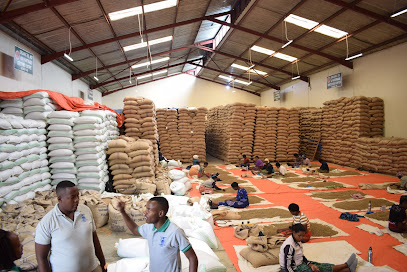
Essential bars & hidden hideouts
Buhoma Lodge - Bwindi Impenetrable Forest
Discover the enchanting Buhoma Lodge in Bwindi Impenetrable Forest, where luxury meets nature in a UNESCO World Heritage Site.

Nkuringo Bwindi Gorilla Lodge
Immerse yourself in nature at Nkuringo Bwindi Gorilla Lodge, a serene retreat near the breathtaking Bwindi Impenetrable Forest and its famous mountain gorillas.
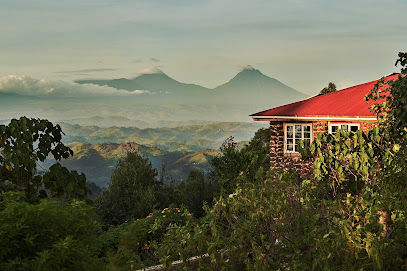
Volcanoes Bwindi Lodge
Discover the exquisite blend of luxury and adventure at Volcanoes Bwindi Lodge, your gateway to gorilla trekking in Uganda's breathtaking landscapes.
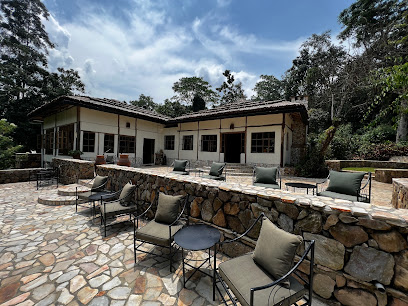
ICHUMBI GORILLA LODGE
Discover unparalleled comfort and breathtaking adventures at Ichumbi Gorilla Lodge, your gateway to the wonders of Bwindi Impenetrable National Park.

Gorilla Mist Camp
Experience the tranquility of Gorilla Mist Camp in Bwindi, Uganda. Perfectly situated for gorilla tracking and surrounded by stunning natural beauty.

Clouds Mountain Gorilla Lodge
Immerse yourself in the breathtaking beauty of Bwindi at Clouds Mountain Gorilla Lodge, where adventure meets luxury in the heart of nature.

Broadbill Forest Camp
Discover the serenity and wildlife of Bwindi Impenetrable Forest at Broadbill Forest Camp, a perfect retreat for nature enthusiasts.

Silverback Lodge
Experience the serene beauty of Silverback Lodge in Bwindi, Buhoma, a gateway to gorilla trekking and breathtaking natural landscapes.
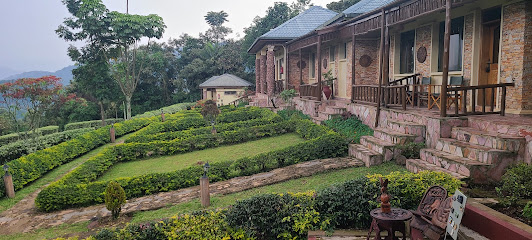
Gorilla Safari Lodge-Rushaga Sector
Explore the lush landscapes and majestic gorillas at Gorilla Safari Lodge, your ultimate Ugandan adventure awaits.
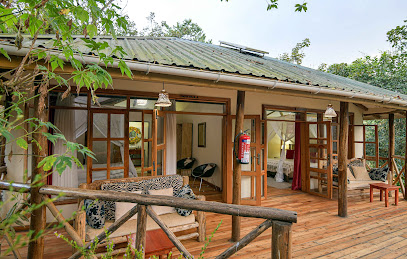
Gorilla Heights Lodge
Discover the beauty of Bwindi Impenetrable Forest at Gorilla Heights Lodge, where luxury meets adventure in a breathtaking natural landscape.
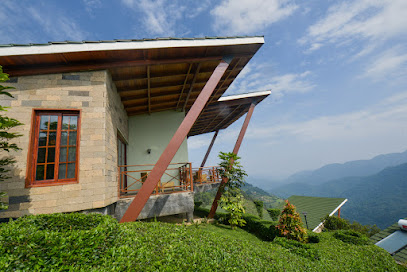
Bwindi Bar
Discover the perfect blend of local coffee culture and stunning nature at Bwindi Bar, a must-visit spot for tourists in Buhoma.
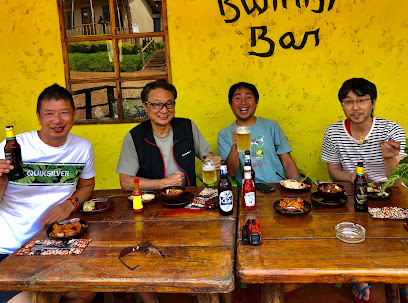
Cool BAR
Discover the lively energy and unique charm of Cool BAR in Kanungu, a perfect stop for drinks and local culture.

Hot spring cafe & Lounge Kitagata Uganda
Discover tranquility and vibrant dining at Hot Spring Cafe & Lounge in Kitagata, a perfect blend of relaxation and entertainment.
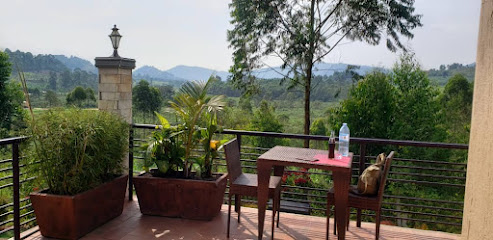
BWINDI IMPENETRABLE NATIONAL PARK (UGANDA)
Explore the lush landscapes and encounter endangered mountain gorillas in Uganda's stunning Bwindi Impenetrable National Park, a UNESCO World Heritage Site.
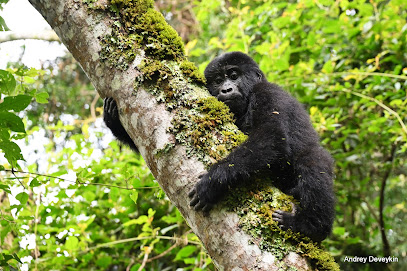
Local Phrases about Bwindi Impenetrable National Park
-
- HelloMuraho
[moo-rah-ho] - GoodbyeMurabeho
[moo-rah-beh-ho] - YesEego
[ee-go] - NoOya
[oh-yah] - Please/You're welcomeKubaza/kurakiza
[koo-bah-zah/koo-rah-kee-zah] - Thank youWebale
[weh-bah-leh] - Excuse me/SorryTusaba kutwara/twongereeza
[too-sah-bah koo-twa-rah/twohn-geh-ree-zah] - How are you?Oli otya?
[oh-lee oh-tyah] - Fine. And you?Bulungi. Owekyo?
[boo-loon-gee. oh-weh-kyo] - Do you speak English?Omanyi olungereza?
[oh-mahn-yee oh-loon-geh-reh-zah] - I don't understandSisobola kuziraba
[see-soh-boh-lah koo-zee-rah-bah]
- HelloMuraho
-
- I'd like to see the menu, pleaseNkwegomba okulaba emenyu, kubaze
[n-kweh-gohm-bah oh-koo-lah-bah eh-men-yoo koo-bah-zeh] - I don't eat meatOsiiba enkoko
[oh-see-bah ehn-koh-koh] - Cheers!Nyumirwa!
[nyoo-mee-rah] - I would like to pay, pleaseNkwegomba okukola omukisa, kubaze
[n-kweh-gohm-bah oh-koo-koh-lah oh-moo-kee-sah koo-bah-zeh]
- I'd like to see the menu, pleaseNkwegomba okulaba emenyu, kubaze
-
- Help!Tusasire!
[too-sah-see-reh] - Go away!Genda ku lubuto!
[gehn-dah koo loo-boo-toh] - Call the Police!Kakasa poliisi!
[kah-kah-sah poh-lee-see] - Call a doctor!Kakasa daktari!
[kah-kah-sah dahk-tah-ree] - I'm lostNsisobola kujja
[n-see-soh-boh-lah koo-jah] - I'm illNjagala okwagala
[n-jah-gah-lah oh-kwah-gah-lah]
- Help!Tusasire!
-
- I'd like to buy...Nkwegomba okwetegesa...
[n-kweh-gohm-bah oh-kweh-teh-geh-sah] - I'm just lookingNkola okwetega
[n-koh-lah oh-kweh-teh-gah] - How much is it?Otebuka kki?
[oh-teh-boo-kah key-kee] - That's too expensiveOkola kyakabi
[oh-koh-lah kyah-kah-bee] - Can you lower the price?Wampaddeko obuyinza?
[wahm-pah-deh-koh oh-boo-yin-zah]
- I'd like to buy...Nkwegomba okwetegesa...
-
- What time is it?Ssente eno yasooka nga?
[ssehn-teh eh-noh yah-soh-kah ngah] - It's one o'clockEyo saa kumi
[eh-yoh sah koo-mee] - Half past (10)Munaku mu kumi
[moo-nah-koo moo koo-mee] - MorningOlugendo
[oh-loo-geh-ndo] - AfternoonEigulo
[ay-ee-goo-loh] - EveningSsawa
[sseh-wah] - YesterdayNakutuuka
[nah-koo-too-kah] - TodayLero
[leh-roh] - TomorrowMalwa
[mah-lwah] - 1Mmoja
[m-moh-jah] - 2Bili
[bee-lee] - 3Sato
[sah-toh] - 4Nne
[nn-neh] - 5Tano
[tah-noh] - 6Sita
[see-tah] - 7Saba
[sah-bah] - 8Nane
[nah-neh] - 9Kenda
[kehn-dah] - 10Mumi
[moo-mee]
- What time is it?Ssente eno yasooka nga?
-
- Where's a/the...?Mukolo gwe?
[moo-koh-loh gweh] - What's the address?Y'ani ekikolera?
[yah-nee eh-kee-koh-leh-rah] - Can you show me (on the map)?Wankubadde ku kampi?
[wahn-koo-bah-deh koo kahm-pee] - When's the next (bus)?Omugwo gwe guno?
[oh-moo-gwo gweh goo-noh] - A ticket (to ....)Kintikiti (ku ...)
[keen-tee-kee-tee koo]
- Where's a/the...?Mukolo gwe?
History of Bwindi Impenetrable National Park
-
Bwindi Impenetrable National Park, located in southwestern Uganda, is one of the oldest and most biologically diverse rainforests in Africa. The park's origins date back over 25,000 years, forming during the Pleistocene epoch. Its impenetrable nature is due to its dense undergrowth, steep ridges, and valleys, which have remained largely unchanged over millennia.
-
The Bwindi region has been home to indigenous Batwa pygmies for centuries. The Batwa are considered one of the oldest inhabitants of the Great Lakes region of Central Africa. They were traditionally hunter-gatherers, relying on the forest for food, medicine, and shelter. Their deep knowledge of the forest's ecosystem has been passed down through generations.
-
During the British colonial period, Bwindi was designated as a forest reserve in 1932. The colonial government recognized the area's ecological importance and sought to protect its unique biodiversity. However, it wasn't until the late 20th century that significant conservation efforts began to take shape, aimed at preserving the forest and its inhabitants.
-
In 1991, Bwindi Impenetrable National Park was officially established, covering an area of 331 square kilometers. This move was part of Uganda's broader efforts to protect its natural heritage and promote eco-tourism. The park gained international recognition for its role in conserving the critically endangered mountain gorillas, which are a major draw for visitors.
-
In 1994, Bwindi Impenetrable National Park was designated as a UNESCO World Heritage Site. This recognition highlighted the park's exceptional biodiversity and its importance as a habitat for half of the world's remaining mountain gorillas. The UNESCO status has helped attract global attention and funding for conservation initiatives.
-
Bwindi is renowned for its successful gorilla conservation programs. The park is home to several habituated gorilla groups, which can be visited by tourists. Gorilla trekking has become a key component of Uganda's tourism industry, providing vital revenue for conservation efforts and local communities. Strict regulations are in place to ensure the safety and well-being of the gorillas.
-
Local communities play a crucial role in the conservation of Bwindi. Initiatives such as revenue-sharing programs and community-based tourism projects have been implemented to ensure that the benefits of tourism reach the indigenous and local populations. This approach has fostered a sense of ownership and collaboration between the park authorities and the communities.
-
Despite its success, Bwindi Impenetrable National Park faces ongoing challenges, including habitat encroachment, poaching, and climate change. Conservationists and park authorities continue to work on strategies to address these issues and ensure the long-term protection of the park's unique ecosystem. The future of Bwindi depends on sustainable practices and continued collaboration between all stakeholders.
Bwindi Impenetrable National Park Essentials
-
Bwindi Impenetrable National Park is located in southwestern Uganda. The nearest international airport is Entebbe International Airport, approximately 460 kilometers away. From Entebbe, you can take a domestic flight to Kihihi or Kisoro airstrips, which are near the park. Alternatively, you can travel by road from Kampala, the capital city, which takes about 8-10 hours by car. It is advisable to use a 4x4 vehicle due to the rough terrain.
-
Within Bwindi, transportation options include hiring a private vehicle or using local boda-bodas (motorcycle taxis). Private vehicles can be rented in Kampala or Entebbe, and many tour operators offer guided tours that include transportation. Boda-bodas are widely available and can be a quick way to navigate the area, but ensure you negotiate the fare beforehand and wear a helmet for safety.
-
The official currency in Uganda is the Ugandan Shilling (UGX). Credit cards are accepted in some lodges, hotels, and larger establishments, but it is advisable to carry cash for smaller transactions and in rural areas. ATMs are available in major towns like Kabale and Kisoro, but it’s wise to withdraw sufficient cash before heading to Bwindi.
-
Bwindi Impenetrable National Park is generally safe for tourists. However, like in any travel destination, it is important to take standard precautions. Avoid walking alone at night and keep an eye on your belongings. There are no specific high-crime areas targeting tourists, but it is always best to stay vigilant and aware of your surroundings. Ensure you have a local guide when trekking in the park.
-
In case of emergency, dial 999 for immediate assistance. The nearest medical facilities are in Kabale and Kisoro. It is recommended to have travel insurance that covers medical emergencies. For minor health issues, some lodges have basic first aid supplies. Always carry a basic first aid kit, and ensure you have necessary vaccinations before traveling.
-
Fashion: Do wear comfortable, lightweight clothing suitable for trekking. Avoid bright colors that can disturb the wildlife. Religion: Do respect local customs and traditions, and dress modestly when visiting local communities. Public Transport: Do be respectful to the drivers and other passengers. Don't argue over fares; always agree on the price before the ride. Greetings: Do greet locals with a handshake. A friendly greeting in the local language, 'Oli otya?' (How are you?), is appreciated. Eating & Drinking: Do try local dishes and accept food offerings graciously. Don't refuse hospitality, as it is considered impolite.
-
To experience Bwindi like a local, visit local markets in nearby towns such as Buhoma and Rubuguri. Engage with local guides who can share insights about the area's history and culture. Don't miss the opportunity to participate in community walks and cultural performances by the Batwa people. For a unique experience, try the local banana beer, and don’t forget to bargain when shopping at local markets.
Trending Landmarks in Bwindi Impenetrable National Park
-
Bwindi Impenetrable Forest National Park
-
Buhoma Lodge - Bwindi Impenetrable Forest
-
Nkuringo Bwindi Gorilla Lodge
-
Bwindi Impenetrable Forest
-
Sanctuary Gorilla Forest Camp Uganda
-
Clouds Mountain Gorilla Lodge
-
Broadbill Forest Camp
-
Bwindi Impenetrable National Park - Buhoma visitor center
-
CTPH Gorilla Conservation Camp
-
Gorilla Heights Lodge
-
BWINDI IMPENETRABLE NATIONAL PARK (UGANDA)
-
Buhoma Sector Uganda
-
Rushaga Sector Uganda
-
Rafiki Memorial wildlife conservation initiative
-
Impenetrable Forest
Nearby Cities to Bwindi Impenetrable National Park
-
Things To Do in Rubavu
-
Things To Do in Gisenyi
-
Things To Do in Nyagatare
-
Things To Do in Kigali
-
Things To Do in Muhanga
-
Things To Do in Kibuye
-
Things To Do in Mbarara
-
Things To Do in Karongi
-
Things To Do in Nyamata
-
Things To Do in Butare
-
Things To Do in Kirundo
-
Things To Do in Fort Portal
-
Things To Do in Ngozi
-
Things To Do in Kayanza
-
Things To Do in Cibitoke









